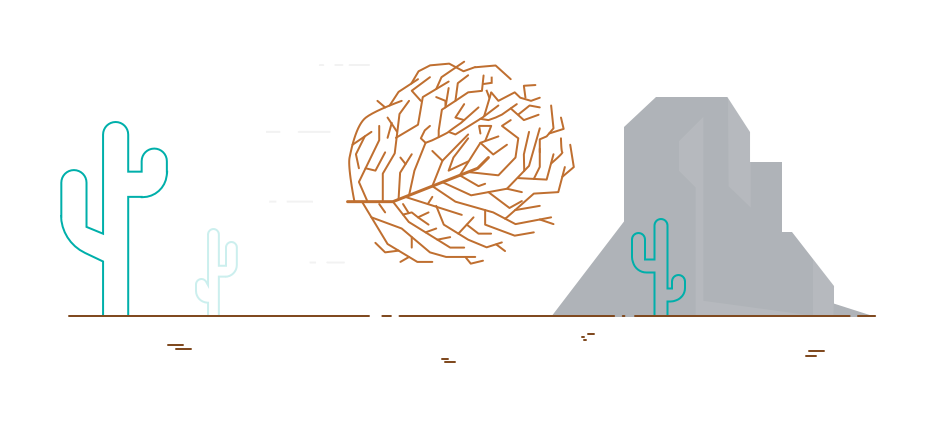June: 4 incredible releases on Netflix
In June we can look forward to the last - special - episode of Sense8 and the second season of GLOW and Luke Cage, which is based on the Marvel comics. The series La Balada de Hugo is new.
In video games, players can influence the virtual world by interacting with it. Often, the impression of historical authenticity is created by using historical film footage, pictures or newspaper clippings, or the plot focuses on a certain development in history.
Read this article in: Deutsch, English, Português, Русский
Estimated reading time:3minutesVideo games with their new ways of storytelling have established itself as a relevant medium in our society. Gamers can influence the virtual world by interacting with it, and assume an active role. Often, the impression of historical authenticity is created by using historical film footage, pictures or newspaper clippings, or the plot focuses on a certain development in history.
To answer the question what role the past plays in games, we interviewed Dr. Wolfgang Egner from the department of History and Sociology at the University of Konstanz. Egner says that you can’t answer this question in one sentence.
Some productions try to stick as close as possible to the results of historical science, and others just work with stereotypes or invented clichés that only share their name with the actual age (e. g. The Sims: Middle Ages, Electronic Arts 2011).
In other games, historical events provide a framework for the own non-historical story (e. g. Assassin’s Creed series, Ubisoft). In a way, you follow a historical course of events or it is suggested that you “relive” history (e. g. Call of Duty series, Activision). Often, the game’s design lets you rewrite history from a certain starting point (e. g. Europa Universalis series, Paradox Interactive).
Most games are counterfactual and based on imaginary what-if scenarios that are a central element for the player’s fun. Certainly, we all have asked ourselves how life would look like today if we had made an important decision differently. “In such simulations, this is transferred to history in general and seems to give answers to these very intriguing questions”, explains Egner.
Facts from the real world are used in creating game worlds. You can say that they form the foundation on which the digital world is built on. Therefore, those facts play a huge role in the development of games and are already taken into account in the initial process.
Most gaming worlds are a reflection of our society, although a quite weak one. Every kind of art obviously arises from social context and therefore digital games are a reflection of our societies.
There are only few games that strongly reflect critical thoughts about our society and the past. Products that aim to criticise society usually don’t sell too well. Often, you find the criticism on our society in very subtle ways within the games. The current consensus of the western society is that the main task of print media and also movies is to criticise society.
As video games differ widely from each other, they are also often evaluated very differently: well-done or not, beneficial or rather dangerous. How can you tell if a computer game is good or not?
“As a historian I would say a game is beneficial if the historical information is transferred appropriately. Good products in this sense are the ones who promote critical thinking about historic events and don’t only paint a deterministic picture of the historical processes”, says Egner.
For a historian, the most important criterion in a good historical video game is the answer to the question if the consumer can tell the difference between historical facts and the fictional content that is added, or if the game tries to mask the fiction as real. “The latter can have dire effects on the conception of history of our youth. They now may know many facts about the Renaissance, but they maybe also believe that Ezio Auditore (Assassin’s Creed series, Ubisoft) is a real historical personality. In this regard, it’s very important for us to work on our media competence”, warns Egner.
Wolfgang Egner graduated from the University of Konstanz with a state examination in history, philosophy and political science. He also earned his PhD there. His dissertation is being composed within the newly founded doctoral program “Europe in the Globalized World” at the excellence cluster “Cultural Principles of Integration”.
Alugha says thank you for the interview. We are looking forward to your questions and comments! Are you interested in writing a guest article? Please write me a message at gastbeitrag@alugha.com
Thank you for reading this!
Wilgen
#alugha
#doitmultilingual

In June we can look forward to the last - special - episode of Sense8 and the second season of GLOW and Luke Cage, which is based on the Marvel comics. The series La Balada de Hugo is new.